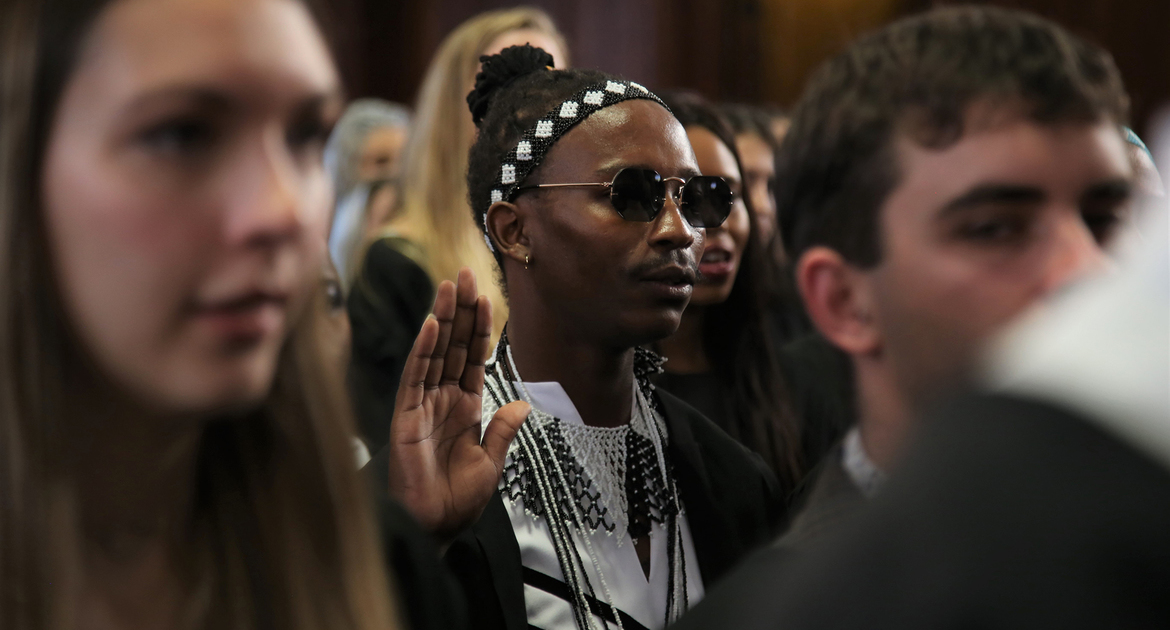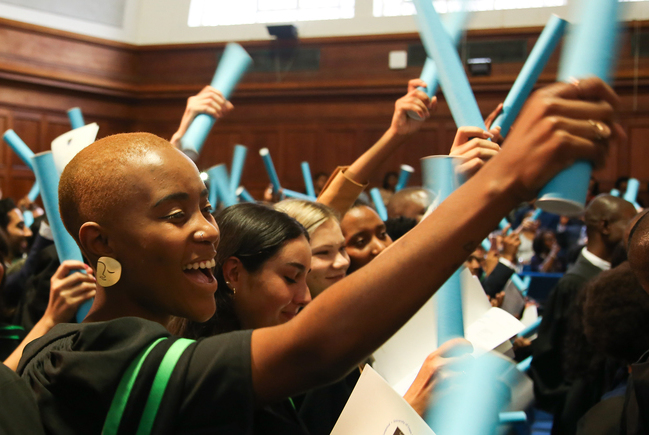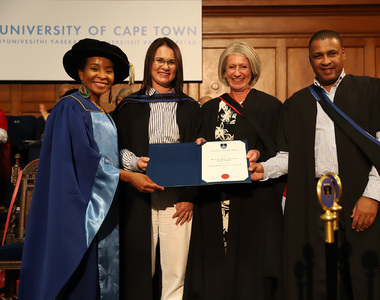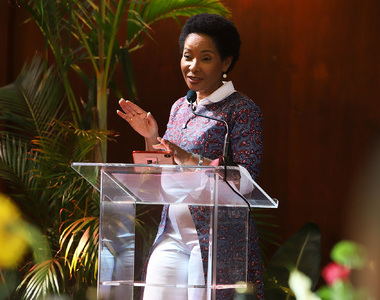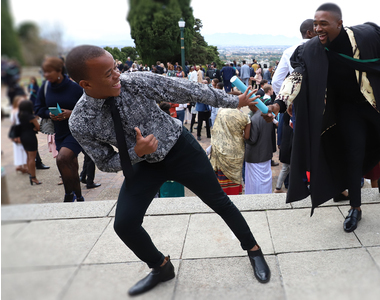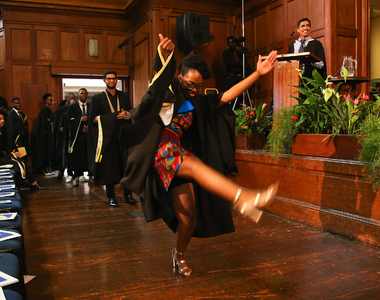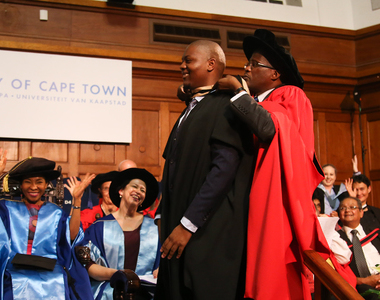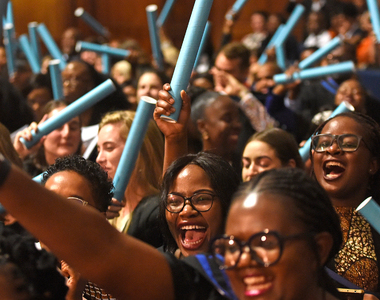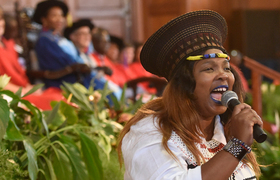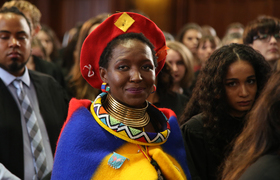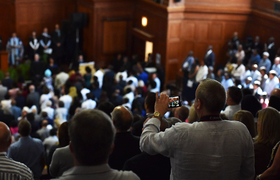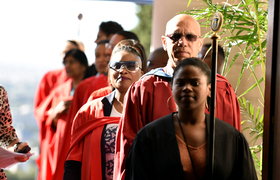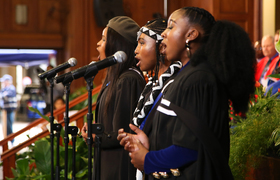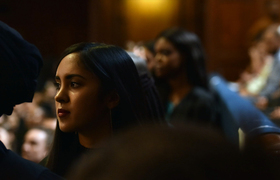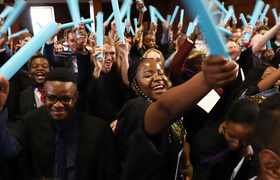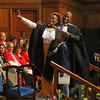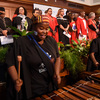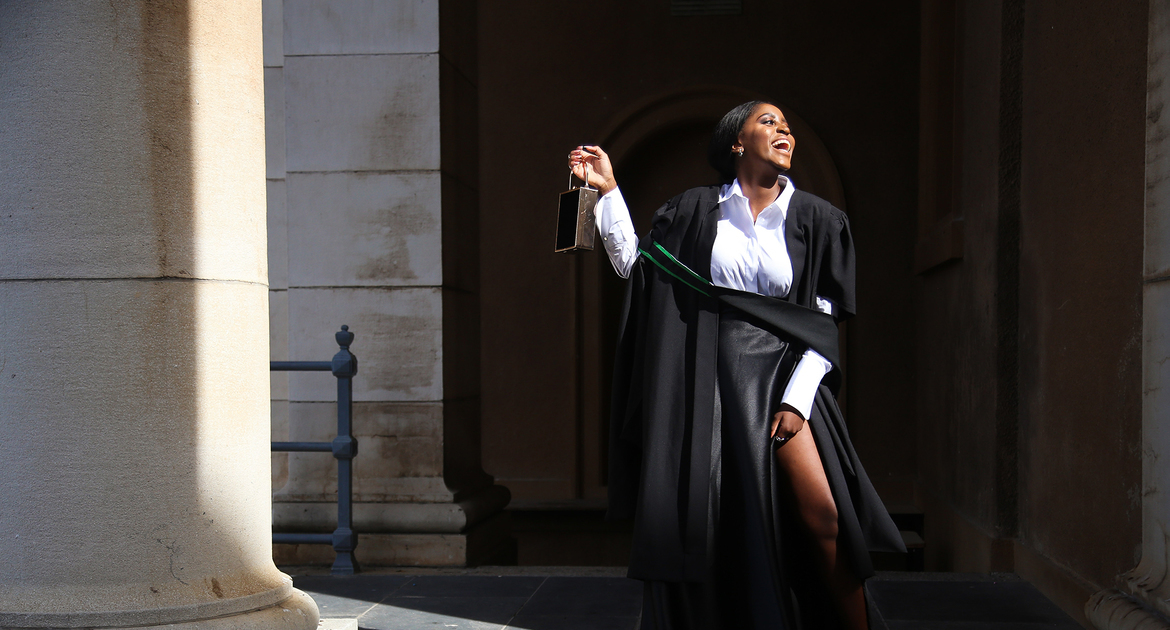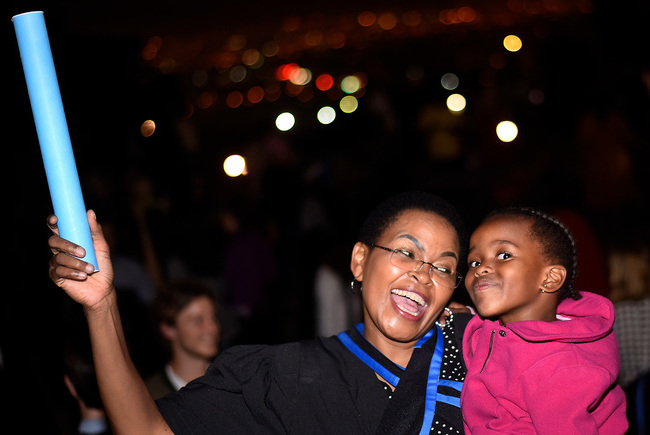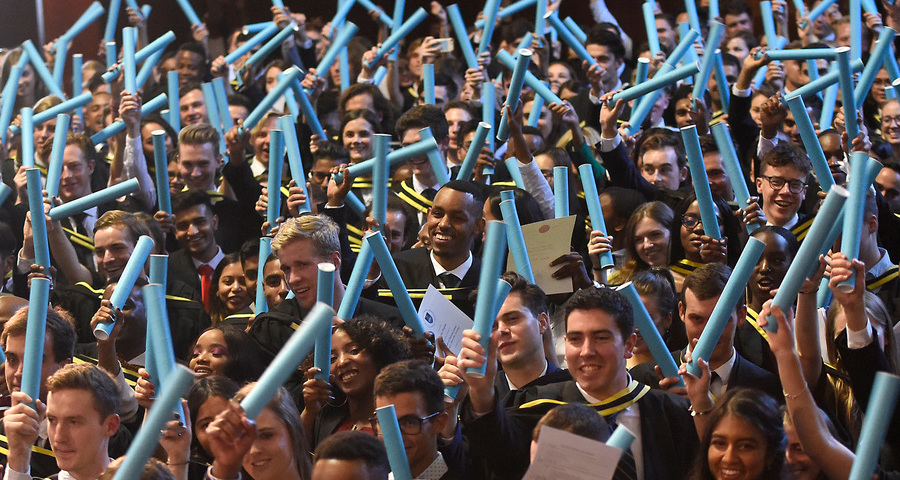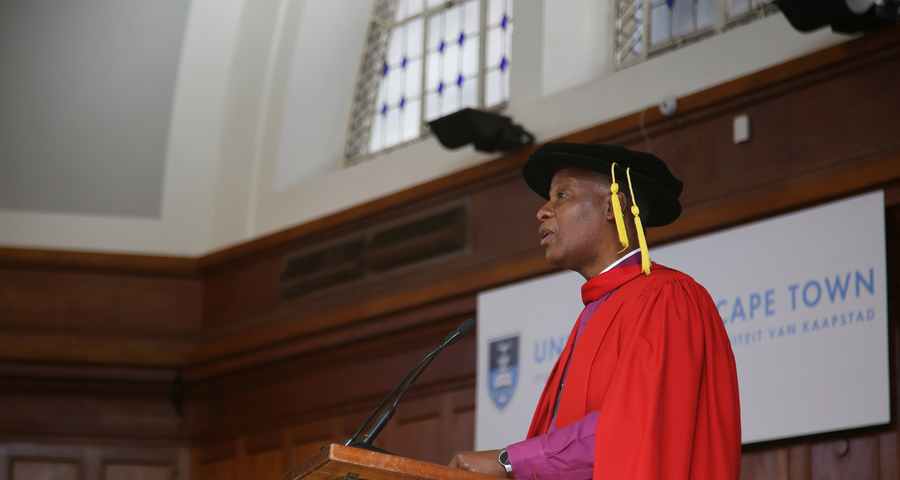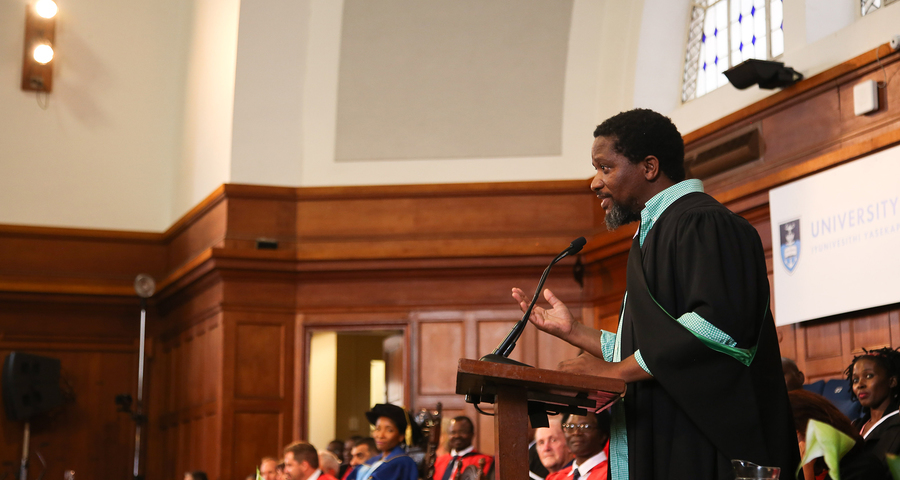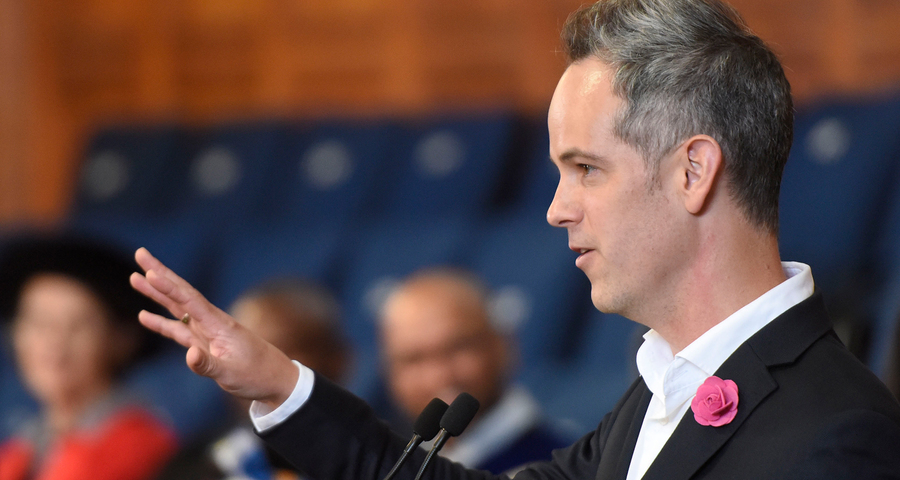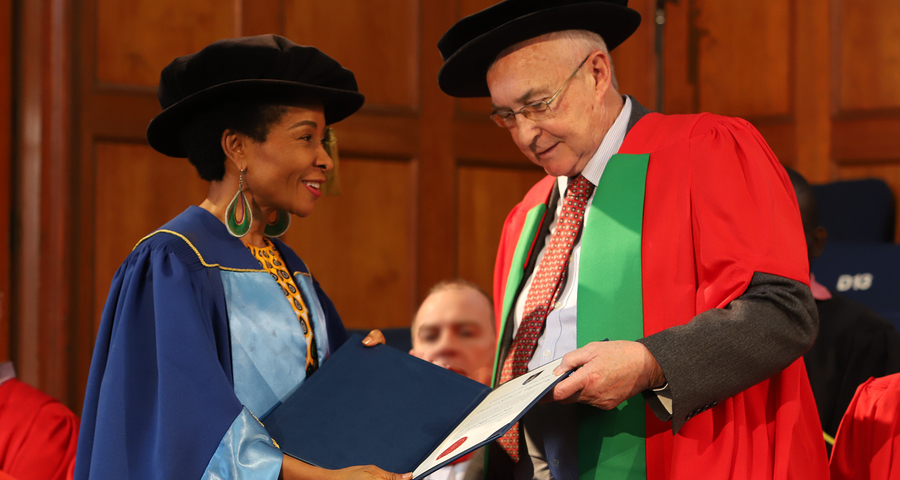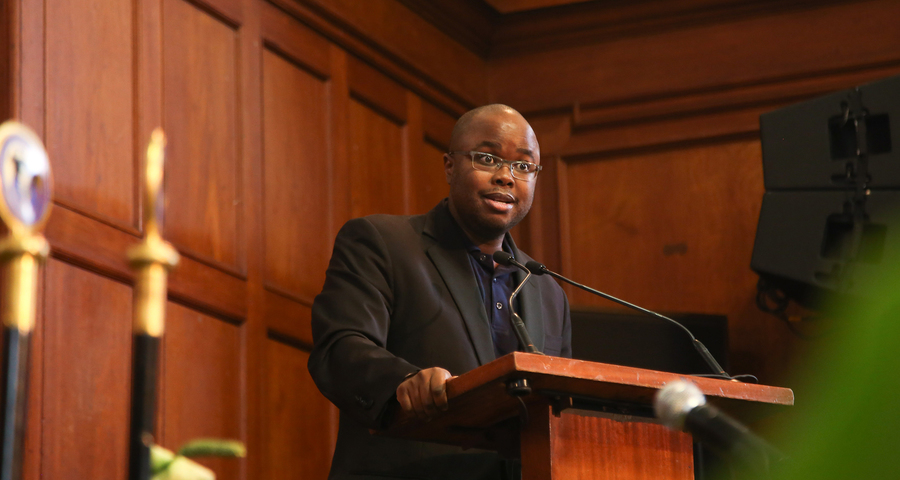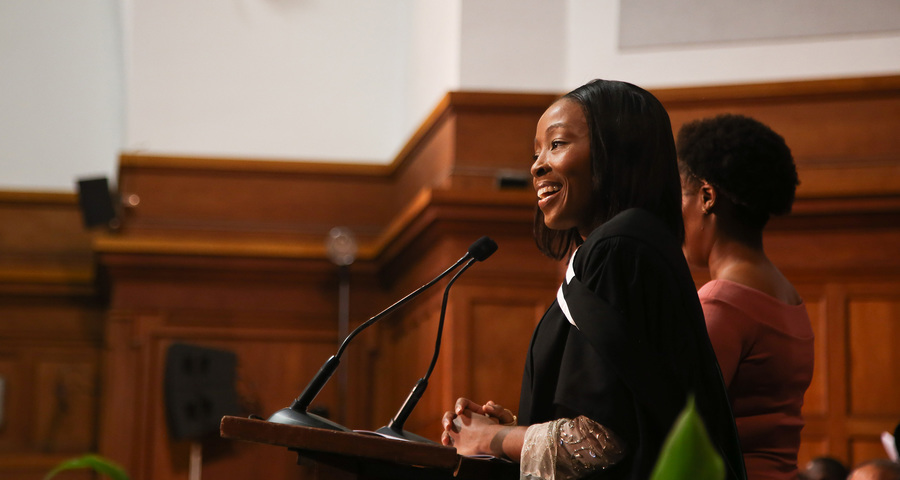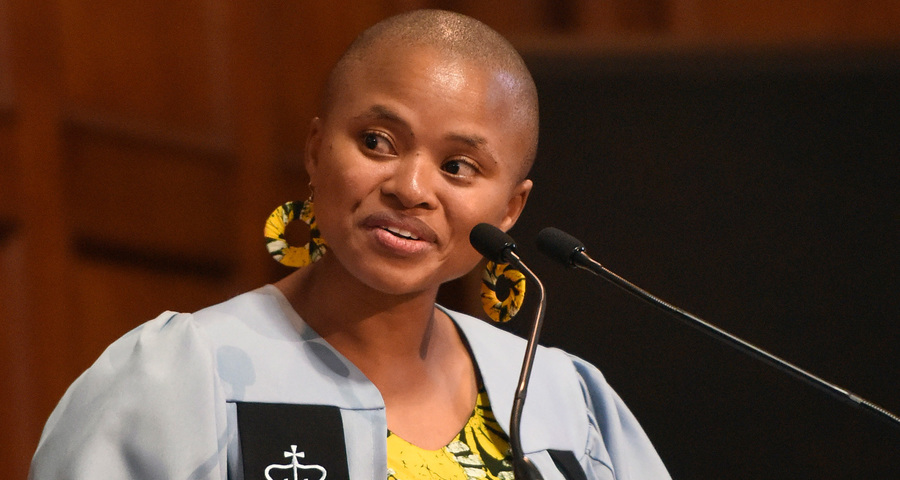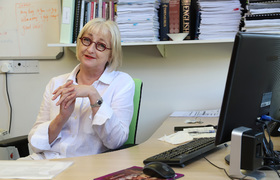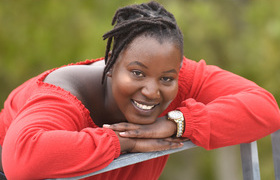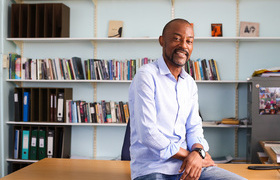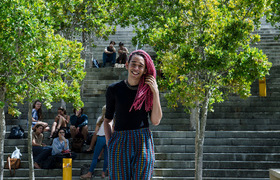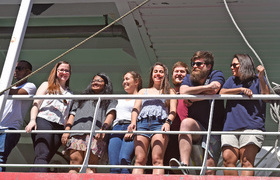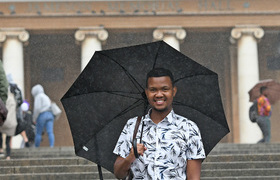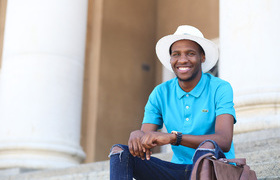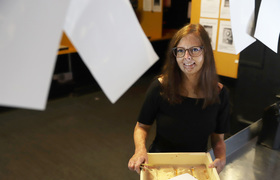Women top UCT’s civil engineering honours class
08 April 2019 | Story Helen Swingler. Photos Supplied. Read time 7 min.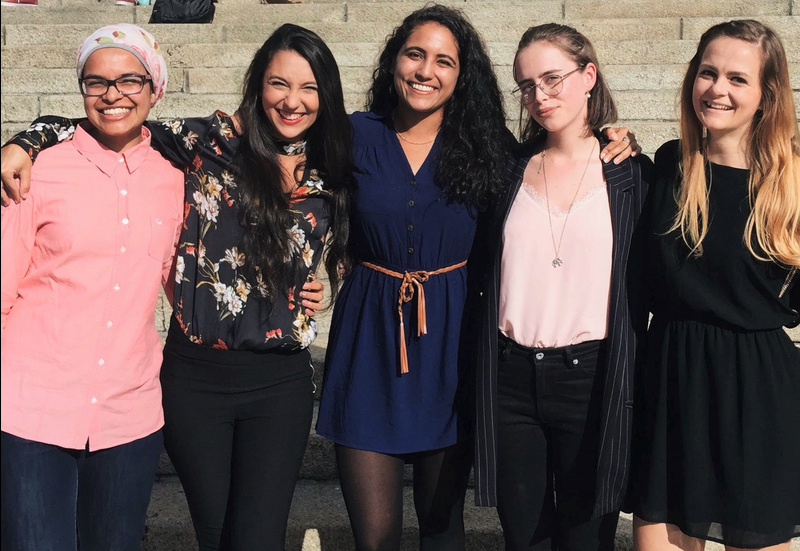
University of Cape Town (UCT) women are making significant strides in civil engineering, where they account for six of the department’s 11 first-class honours students. Part of the class of 2018, they will graduate on Friday, 12 April.
Thirty percent of the Department of Civil Engineering’s students are women, according to the department’s Professor Mark Zuidgeest, director of undergraduate studies. The six top women are Chloe Bolton, Juliana Diniz, Jemma Richmond, Dilys Mneney, Waseefa Ebrahim and Lansea Loubser, who are now working in engineering fields as diverse as transport and coastal infrastructure.
Their achievement is an emphatic endorsement of the Dean of Engineering & the Built Environment Professor Alison Lewis’s strong rebuttal last year of former South Africa Institution of Civil Engineering (SAICE) chief executive Mangin Pillay’s negative view about investing in attracting women into science, technology, engineering and mathematics (STEM) careers.
The UCT faculty has actively campaigned to attract more women, primarily through its #WomeninEngineering and “This is what an engineer looks like” campaigns, as well as the UCT chapter of Women in Engineering’s “I am an engineer” drive.
Last year, civil engineering master’s student Suzanne Lambert made global headlines when she produced a world first: a bio-brick made from human urine, signalling an innovative paradigm shift in waste recovery.
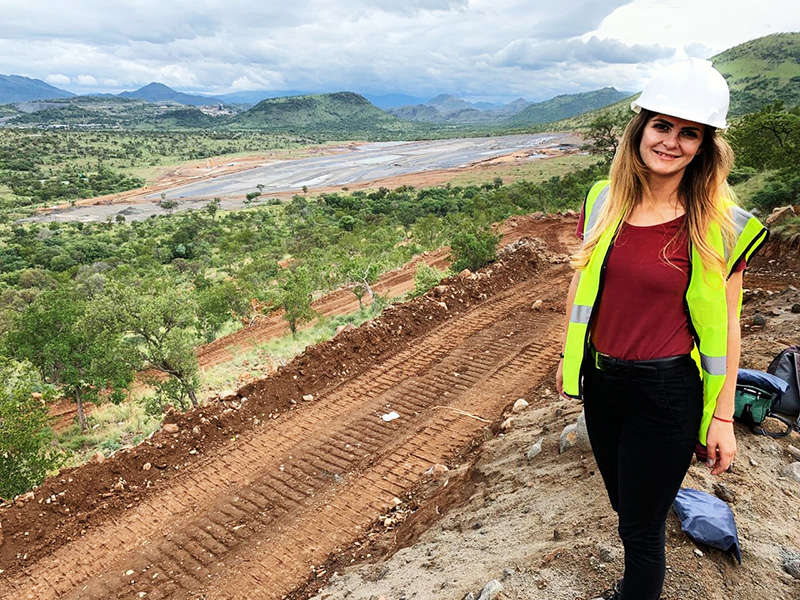
Like father, like daughter
Bolton was the department’s top honours student. She also won the second-best civil engineering research thesis in SAICE’s National Investigative Project (IP) Showdown last month, as well as first place in the engineering stream of the 2018 Greenovate competition.
Her choice of civil engineering was a result of her father, an architect, taking his young daughter to visit building sites and teaching her how structural systems work.
“He encouraged me to think about how that translated to the world around me,” she said.
“He taught me to interact with my surroundings in a manner that always questioned how and why things work the way they do.”
Networking and support play an important role for women studying and working in an industry still geared to men.
The six top women in Boltonʼs class have a shared WhatsApp group and through it they contribute to one another’s success.
“We’re not only driven by our own ambition but also by the ambition of this community that wants to see women succeed in engineering.
“I consider myself very lucky to work in a department where there are many senior female engineers who are incredible role models for my career.”
“I consider myself very lucky to work in a department where there are many senior female engineers who are incredible role models for my career, and it makes a huge difference starting out to have access to that kind of mentorship,” Bolton said.
It's about sustainability
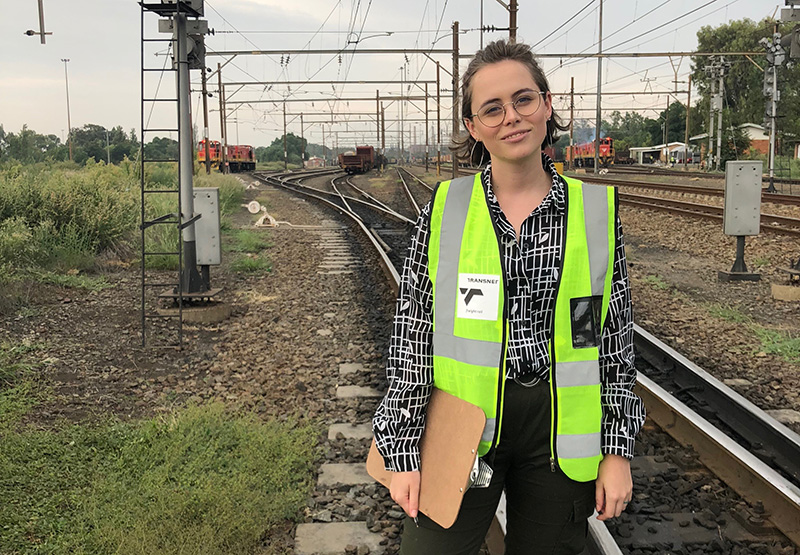
Engineering is where Richmond thought she could be most useful to society – “working with people, improving their lives, and doing so sustainably”.
“I felt if I could improve the transport industry in South Africa I could improve access to opportunity, safety and promote economic growth,” she said.
Richmond now works for Transnet Freight Rail, which provides the platform to do this.
Being a womxn in STEM can be difficult, but she said she is fortunate to be surrounded by inspiring womxn and, for the most part, is supported and respected by her overwhelmingly male peers.
“Beyond this there is subtle, institutionalised sexism which is deeply ingrained in the industry both out in the field and in academia, and for the most part universities producing the next generation of engineers ignore these issues.
“I don’t believe that it is my responsibility to educate my male peers or demand respect. Being supported by strong womxn is the antidote and I am so grateful for each one who helped me through my degree.
“It shows that representation is essential, and all members of the industry should support each other regardless of perceived differences,” she said, adding that she hopes to work with companies such as WomEng in the future to encourage diversity and break down existing prejudices.
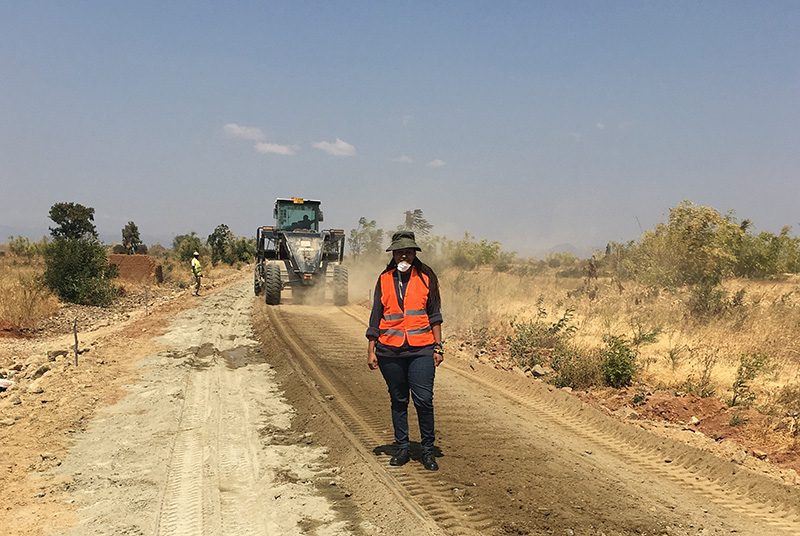
Women bring a different perspective
Mneney followed in her civil engineer father’s footsteps into the field and has taken her skills back to Tanzania, although she has been granted a critical skills visa that will allow her to return to South Africa.
“I never imagined myself as anything but a civil engineer.”
“I never imagined myself as anything but a civil engineer,” she said, adding that women play a vital role in the engineering field.
“We have [the capacity] to bring a different perspective to the industry for sustainable advancements in society. This perspective is crucial to the innovation of solutions that meet the demands of all groups in society.
“However, the industry needs to be aware that it has the responsibility to ensure that there is support for women at all levels to thrive in the field,” Mneney said.
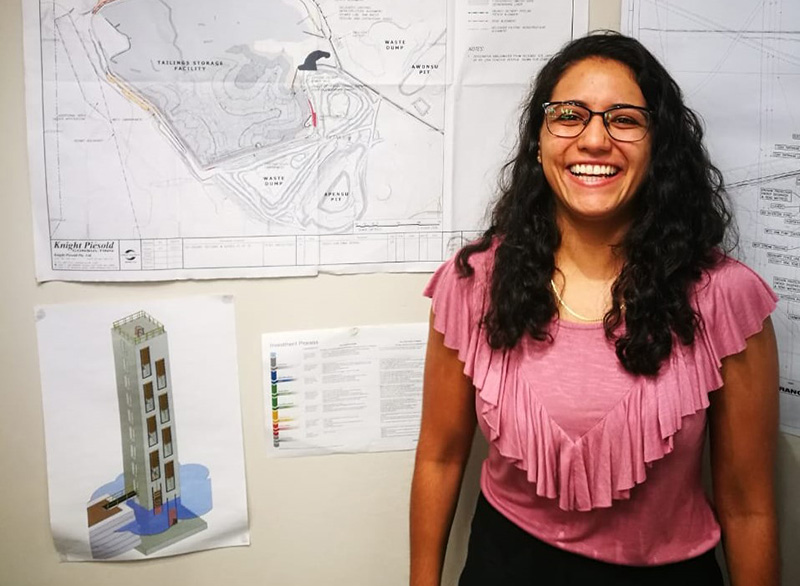
Be yourself
Loubser chose civil engineering to make positive environmental and social change in the world around her.
“Being a woman in this industry can be challenging,” she said.
“A lot of the time I am surrounded by males. My mentor is also a male. So sometimes it’s difficult to be exposed to a woman that you can look up to.
“I make it a point to show people that the quality of my work is more important than my gender.”
“An important thing I have learnt from being in a male-dominated industry is to always be myself. I never try to change who I am, to try and fit in with the males around me.
“I make it a point to show people that the quality of my work is more important than my gender.”
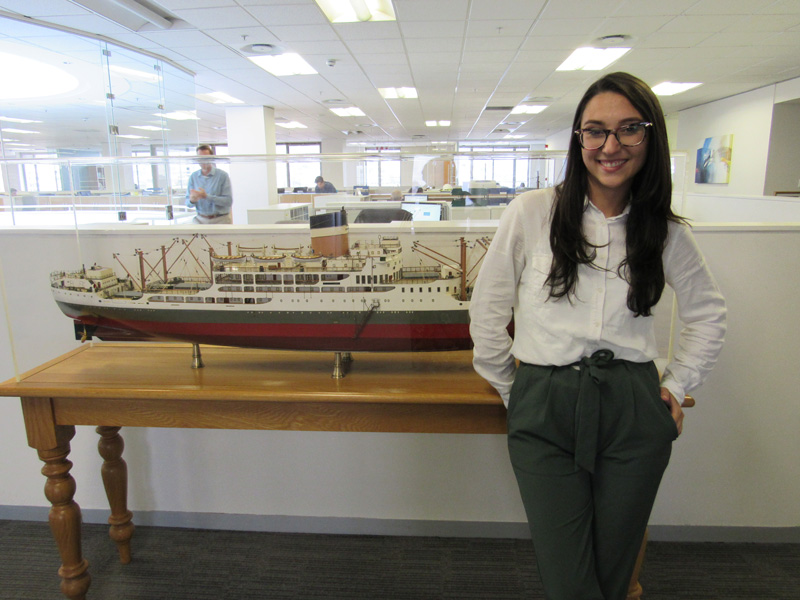
Measuring the distances
As a child, Diniz remembers measuring distances to find the shortest path from A to B. She’d also climb onto the roof and consider how she’d change the surrounding buildings.
“My dad worked in construction quite a lot and many of my good memories are of me as a little girl playing with concrete, paint and bricks, helping my dad build our house.”
Today, megastructures thrill her.
“In my mind, civil engineering can create bridges – physical and metaphorical ones. It is the profession that literally builds the future and I want a better future, so I better make sure that I am part of this building.”
Her view is that women are vital to creating diversity in the industry.
“Diverse people present different viewpoints, different options and ways of thinking,” she said.
“This is proved to create innovation and increase productivity. We’re in an era where just solving problems with some concrete and rebar is not the answer. We have started understanding that infrastructure is much more complex, and the way it interacts with society is critical for its success.”
A bridge, she explained, can connect people or serve as a barrier between them.
“Bringing this diversity to the table means that we are more likely to better understand all the layers and the complexity of the impact of a project in its social and natural environment.”
“We are talking about females in engineering here, but there are minorities everywhere who should also be part of the transformation.”
Diniz said a good way to start the transformation process is to stop denying there is a problem.
“We are talking about females in engineering here, but there are minorities everywhere who should also be part of the transformation.”
Better living
Although Ebrahim has always lived in Cape Town, she had never been to a township until the “Better Living Challenge” design workshop took her into Khayelitsha. Interacting with community members, mostly women, she was inspired by their simple desire for change – and how they envisioned this change happening.
Civil engineering, she believes, is a vehicle to help this process.
“I believe that women have a very significant role to play in civil engineering because our lived experience is an extremely useful tool in understanding the communities that we serve. Though we live in a patriarchal society, South Africa’s historical trends show that men leave their towns and communities in search of work and women are ultimately left responsible for the development and upliftment of their communities.”
If designers don’t understand the thinking, emotions, aspirations and motivations of these women and communities at large, she warned, then the service being provided is unlikely to be successful.
“There is no better way to understand this than by educating and employing women as civil engineers,” Ebrahim said.
 This work is licensed under a Creative Commons Attribution-NoDerivatives 4.0 International License.
This work is licensed under a Creative Commons Attribution-NoDerivatives 4.0 International License.
Please view the republishing articles page for more information.
Graduation April 2019
The University of Cape Town honoured over 5 000 students during 14 graduation ceremonies that took place from Wednesday, 10 April until Thursday, 18 April 2019. During the 14 ceremonies – attended by about 14 000 people – 70 doctoral degrees and 383 master’s degrees were conferred. An honorary doctorate in engineering was be awarded to Professor David Roger Jones Owen on Saturday, 13 April 2019. Among the speakers at the various ceremonies were Judy Sikuza, deputy executive director of the Mandela Rhodes Foundation; Nkazi Sokhulu, co-founder and CEO of Yalu Financial Services; Sam Paddock, co-founder of GetSmarter and GetWine; UCT engineering alumnus Mavo Solomon; and Anglican Archbishop Thabo Makgoba.







